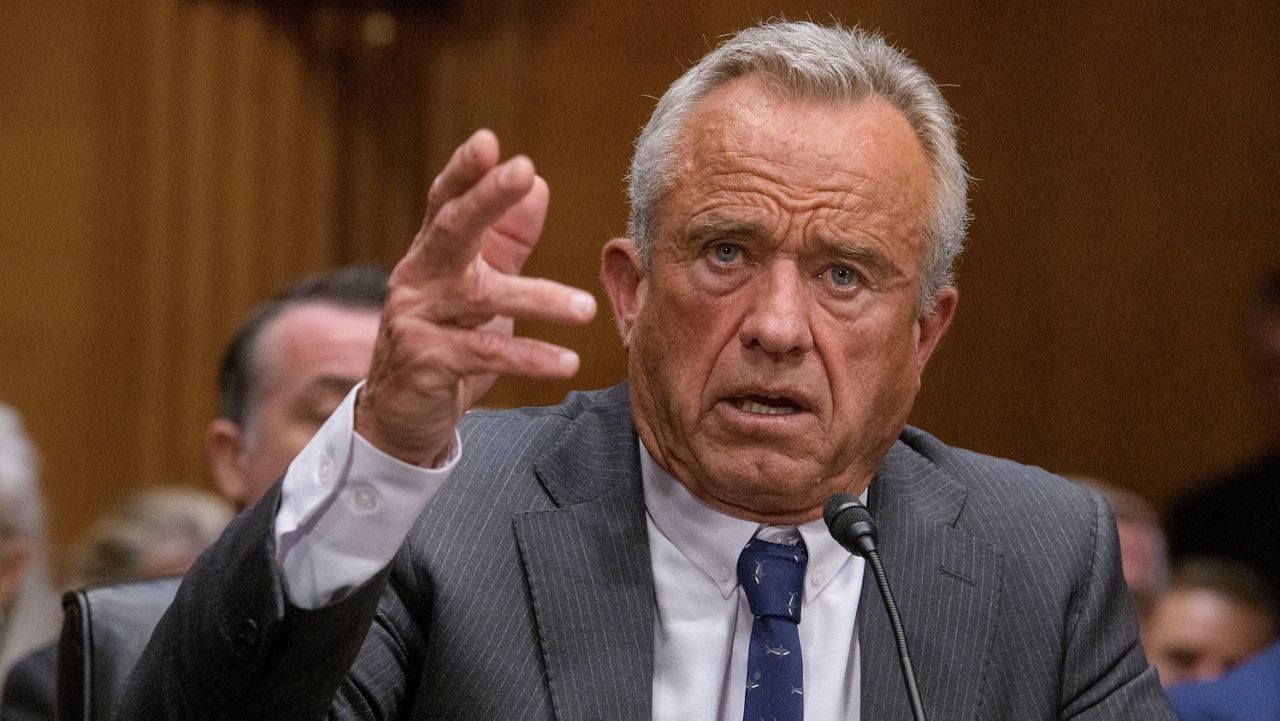RALEIGH, N.C. — Server outages tied to the Change Healthcare cyberattack continue to plague pharmacies across the country, including in North Carolina.
UnitedHealth Group announced Change Healthcare, one of the largest medical data technology processors in the country, had been hacked, which forced it to disconnect from health systems nationwide last Wednesday.
When the company took down its network, it kept drug stores, such as Person Street Pharmacy from preparing medications. Staff have their hands full but said they are managing the best they can.
“I’ve never seen anything like this in pharmacy before,” said Emily Merrill, a pharmacist on staff at Person Street Pharmacy since 2017. “Wednesday there were at least 50% of insurances that were down."
This pharmacy has experienced customer service disruptions of multiple kinds, including everything from not being able to process insurance coverage on the first day of the cyberattack to resorting to filling prescriptions by hand on paper.
Change Healthcare, which is part of Optum, is the tech server Person Street Pharmacy uses for its customers.
Merrill pointed to a computer screen. Because the server is disconnected, the pharmacy cannot receive electronic submissions.
“We usually have 40 to 50 at a time that we have to process. There’s zero in there,” Merrill said.“We usually have 40 to 50 at a time that we have to process. There’s zero in there,” Merrill said.
Merrill said not only did last week’s cyberattack knock half of the insurance companies offline from processing patient prescription information, it forced the pharmacy to go old school by manually filling medication requests.
“We’re not able to get electronic prescriptions at all,” she said.
Another element of this chaos is how if a medication is out of stock or on back order, staff members have to go through the trouble of calling the prescriber to request a new prescription. Then they must wait to have the doctor send the alternative medication into the pharmacy.
Merrill said this has slowed down how many orders they can fill by three to four hours at a time.
She said before the major disruption occurred, the Person Street Pharmacy received and processed anywhere from 200 to 300 prescriptions a day.
As of Monday, Merrill said those daily totals may have changed.
“Ninety percent of those would come electronically. Now it’s all paper input,” she said.
She said now their workflow sounds like the constant buzzing of fax machines and never-ending communication with providers.
“Every day we come in expecting for it to be up, and it’s unfortunate we come in and it’s still not up,” she said.
Merrill has had to explain the situation on multiple occasions and knows it is frustrating but asks for patience.
“It’s awful. It’s terrible. It puts a damper on everybody’s day,” Merrill said.









